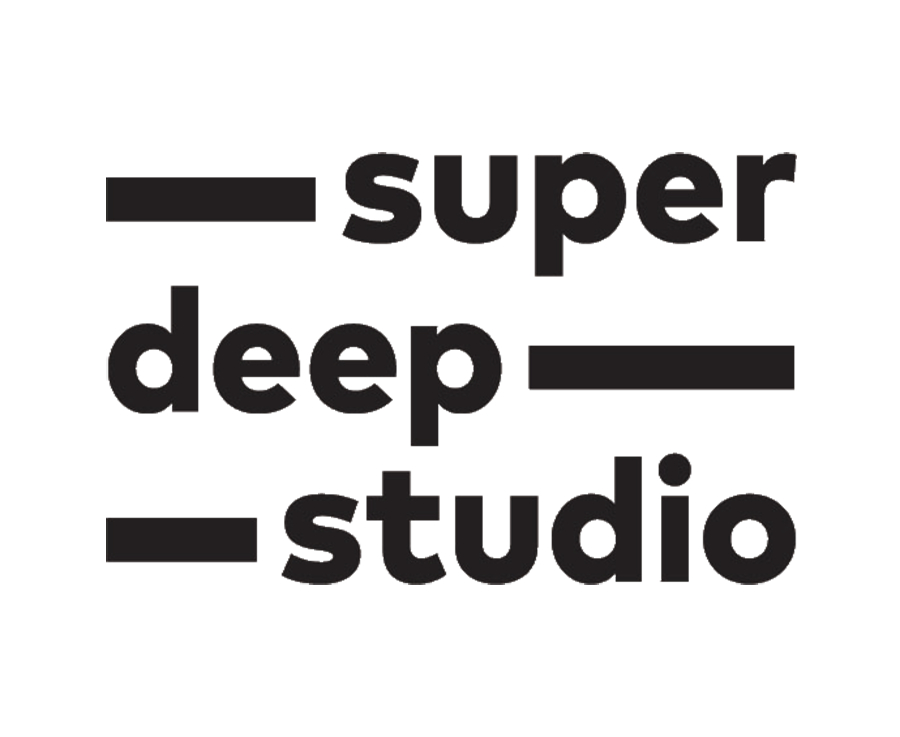
No ordinary
Toolkit
NCYL
Service Toolkit
When the National Center of Youth Law (NCYL) approached SuperDeep Studio to develop a toolkit to share their approach to reform and advocacy addressing child sex trafficking, also known as the commercial sexual exploitation of children (CSE), they were already, unknowingly, practicing the fundamentals of service design. With proven success in California, the team within NCYL developing a collaborative response to CSE, identified as CRCSE, knew that to advance their reform efforts nationally they needed to formalize their system of facilitation and knowledge-sharing.
The subject matter was complicated and consequential. At its very core, this was to be no ordinary toolkit. It would be the backbone of their efforts.
Every outcome from the toolkit - each engagement, conversation and coalition formed contributes to the collective momentum of advocacy and reform for CRCSE/Y. It was critical that the CRCSE team work with a design team that could understand the nuances and inclusive structure of their efforts; to engage with an openness to think differently about a very serious subject.
Going Deeper.
The underlying challenge for the toolkit was to make visible the often difficult to see process and experiences of NCYL, and the difficult to see systemic failures contributing to child sex trafficking.
Working with SuperDeep, a women-led service design studio, offered a natural alignment of shared values to be intentional with open collaboration to deliver impactful, equitable, people-centered solutions to complex challenges.
SuperDeep ran the project as a series of work sessions which also became a learning platform. This approach of sharing, learning, adapting and adjusting is foundational to the studio’s culture and quickly established an environment of mutual trust. Early in the process, the CRCSE team experienced the value of an intentional approach to service design, surfacing the need to reframe the narrative, and create toolkit modularity to support a range of participatory engagement modes.
SuperDeep directed the project towards a system that was accessible, prioritized, digestible, and impactful to multiple stakeholders, including youth. It provides action-oriented tools for group facilitation, knowledge sharing and policy and practice change, accessible as needed by engagement mode or category. Designed as a living digital tool the toolkit can be updated to remain a robust record of best practices over time, eliminating the need to search for and/or cross-examine multiple repositories of information.
Infusing the practice of service design into the work of the NYCL team will enhance their effectiveness and continuing efforts to impact local and national responses to child sex trafficking. The toolkit design process and end-design creates accessibility to experiences and skills that would otherwise remain in the hands of the “experts” only.
The collaboration demonstrates the power of service design integrated with service oriented organizations to impact social change. By developing replicable processes and practice and infusing a design sensibility throughout, collaborators for change can address a serious subject matter to multiple stakeholders values and needs, encouraging wide-spread use.
A simple toolkit can help drive a ripple effect of change.
Special Thanks
To the National Center of Youth Law's CRCSE team who work everyday on this most difficult issue. To the many practitioners and thinkers inspiring emergent strategies and systems change.




